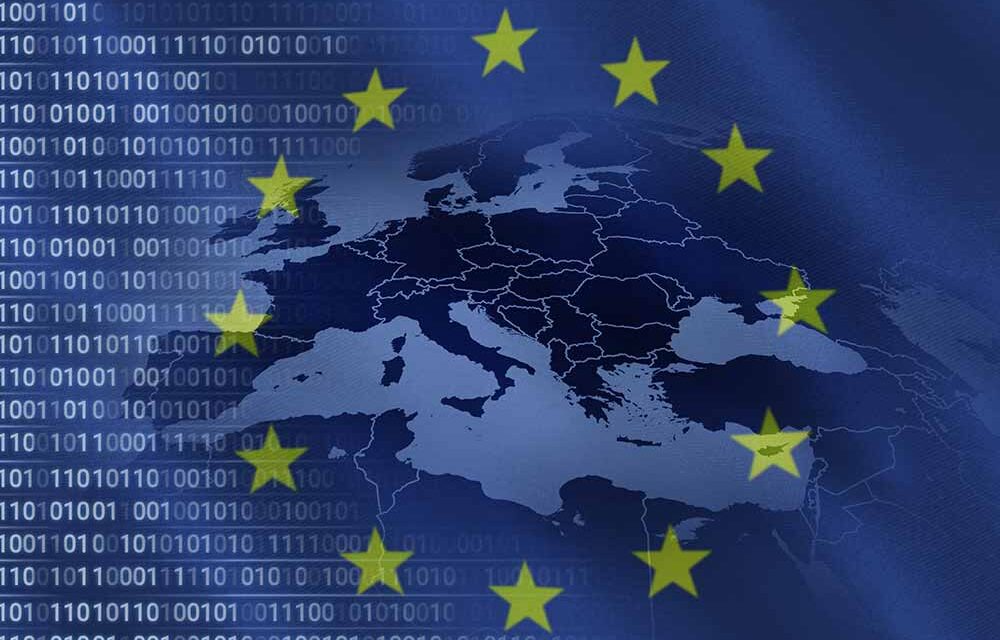The surge of Artificial Intelligence (AI) has gained momentum in recent months, with companies exploring ways to integrate the technology into their operations. However, amidst the excitement, regulators are concerned about the impact of AI on society.
The European Union (EU) is seeking to be the first to introduce rules to provide a balance between the breathing space for AI to grow and tough legislation to prevent bad AI from getting out of hand. But the proposed differentiation between ‘limited-risk’ and ‘high-risk’ AI has raised concerns among academics at the University of Cambridge, who warn that AI tools like ChatGPT, likely to be classified as low-risk, could become high-risk if used for ulterior motives. There is a danger of AI manipulating targeted AI to cause harm to its human users.
Moreover, Cambridge researchers warn that digital personal assistants like ChatGPT could be used to promote extremist political ideologies, causing harmful shifts in markets, democracies, and information ecosystems. All of these cases demonstrate the need for AI regulation. The EU has a less than impressive track record when it comes to rule-making.
The General Data Protection Regulation (GDPR) data privacy rules, hailed in 2016 as “a big step forward in the digital age” have not achieved their lofty ambitions, according to many. GDPR has become synonymous with relentless website cookie pop-ups that annoy web users, and the rules have proven cumbersome and bureaucratic to enforce. Regulators have been forced to handle the entire bloc’s data complaints for tech giants like Facebook and Amazon, leading to a backlog of cases that remains unresolved after almost five years of processing.
In conclusion, AI is a revolutionary technology that offers immense benefits if used ethically. However, regulators need to balance the benefits of AI with its potential risks, as we cannot afford to ignore the harmful impacts that AI can have on society. While AI regulation is necessary, it is equally essential to develop effective rules that are not bureaucratic and cumbersome to enforce.











![Fei-Fei Li and a technical future - NewsBites.AI [Fei-Fei-li picture] looking optimistically into a technical future. Optimistic. Hopeful. Happy. Productive. --ar 16:9. Image courtesy of Midjourney, used with permission. All rights reserved.](https://newsbites.ai/wp-content/uploads/2023/05/Fei-Fei-Li-futuristic-1-150x150.png)